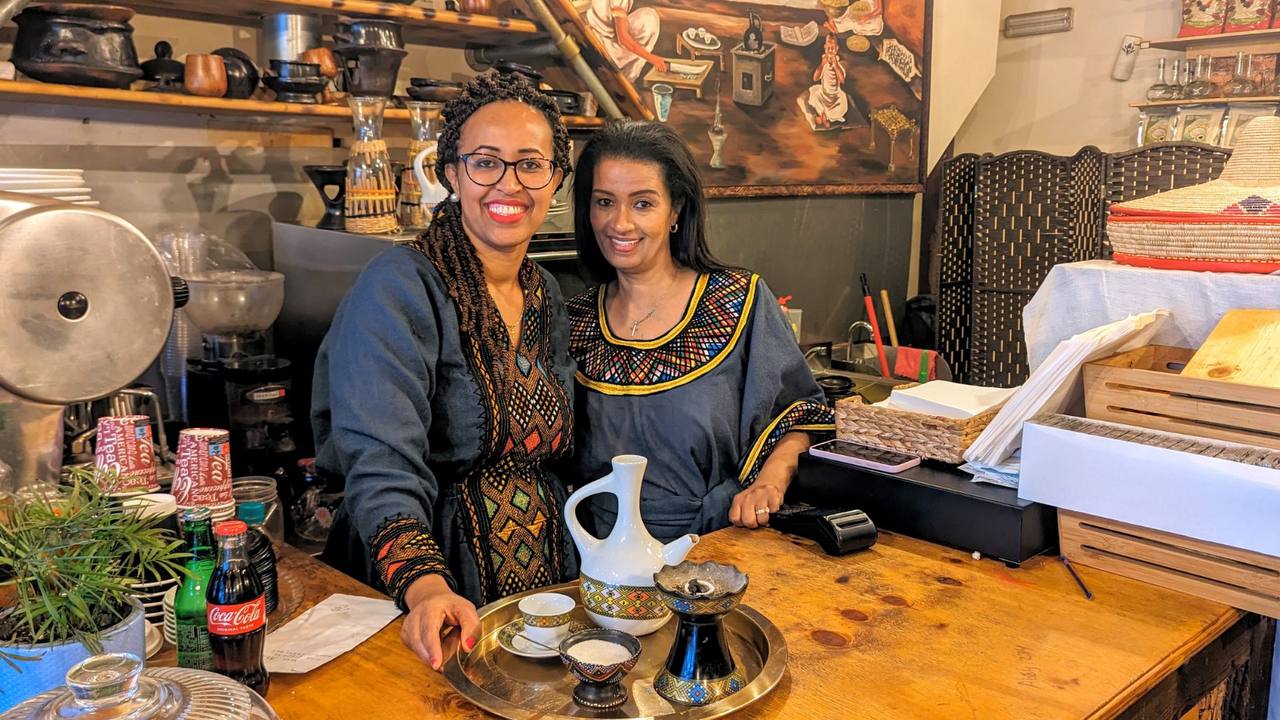Traveling to the UK from Ethiopia or Eritrea involves understanding the visa types, application procedures, and specific guidelines for business visits. This guide provides detailed information to help you navigate the process smoothly, especially if you are applying from Ethiopia and using the TLScontact Visa Application Centre in Addis Ababa.
Ethiopian and Eritrean citizens need a visa to visit, work, study, or join family in the UK. The visa type depends on your reason for travel, the duration of your stay, and personal circumstances. You must verify if you need a visa and which type suits your needs, as your application must be approved before traveling. Note that Irish citizens do not need a visa to enter the UK.
A Standard Visitor visa allows you to visit the UK for up to 6 months for tourism, business, study (courses up to 6 months), and other permitted activities. Extensions are possible under certain circumstances, such as for medical treatment. Permitted activities include tourism and vacations, visiting family or friends, volunteering for up to 30 days with a registered charity, transiting through the UK, business activities like attending meetings and interviews, participating in specific paid engagements as an expert (e.g., lectures, performances), recreational courses up to 30 days, studying, placements, or exams, visiting as an academic, senior doctor, or dentist, and receiving medical treatment. However, you cannot do paid or unpaid work for a UK company unless it is for a permitted paid engagement, claim public funds, live in the UK for extended periods through frequent visits, or marry or register a civil partnership (which requires a Marriage Visitor visa).
To be eligible for a Standard Visitor visa, you must have a valid passport or travel document for the entire stay, prove that you intend to leave the UK at the end of your visit, show that you have sufficient funds for support and return journey, and ensure you will not live in the UK for extended periods through frequent visits. Apply online before traveling. A Standard Visitor visa costs £115 for up to 6 months, and you can apply up to 3 months before travel. For frequent visits, consider a long-term Standard Visitor visa. If transiting is your only reason for visiting the UK, apply for a Visitor in Transit visa for £64.
With a Standard Visitor visa, you can visit the UK for up to 6 months for various business activities such as attending interviews, meetings, conferences, and seminars; negotiating and signing deals and contracts; attending trade fairs to promote your business (without selling); receiving work-related training; giving one-off or short series of talks; conducting site visits and inspections; overseeing delivery of goods and services; and providing training or sharing knowledge with UK employees of your overseas company. Additionally, certain roles such as archaeologists, artists, entertainers, musicians, bodyguards, camera operators, drivers, internal auditors, journalists, lawyers, market researchers, personal assistants, pilots, professors, religious workers, scientists, researchers, seafarers, sports persons, tour group couriers, translators, and film crew members have specific permitted activities under a Standard Visitor visa.
To prepare your application, gather necessary documents including a valid passport or travel document, proof of sufficient funds for your stay and return journey, and details of your travel plans and accommodation in the UK. You must provide biometric information, which includes fingerprints and a photo, by attending an appointment at a visa application center.
To apply, you need to register on the GOV.UK website, determine the visa type, fill out the online application form, pay the visa fee, and book your appointment at a Visa Application Centre. You will receive a unique GWF Number. Next, you will be redirected to the TLScontact website to book and pay for your appointment, where you can also choose optional services for a more convenient application experience.
Attend your appointment at the TLScontact Visa Application Centre in Addis Ababa on time, bringing necessary documents such as your appointment confirmation email, payment receipt for any added value services, valid passport or travel document, residence permit (if applicable), and supporting documents. TLScontact will accept your application, take your biometric data, and transfer your application to UK Visas and Immigration for assessment.
You will receive an email notification when your passport is ready for collection. If you applied through a third party, check with them for notifications. Do not visit the Visa Application Centre until you receive the notification. For urgent travel needs, contact UKVI for assistance (chargeable service for overseas customers).
Only book UK visa appointments through TLScontact to avoid scams, as TLScontact is the official partner for UK Visas and Immigration in Ethiopia. Free appointments are available, but optional paid appointments offer additional flexibility. If you need your passport urgently, contact UKVI for assistance.
To ensure you have the most current information, regularly check the GOV.UK website and the TLScontact website:
This comprehensive guide aims to assist Ethiopian and Eritrean citizens in navigating the process of traveling to the UK. By following the outlined steps and ensuring all requirements are met, you can ensure a smooth application process and a successful visit to the UK.
he visa and immigration information provided on this website is intended for general guidance only. Immigration laws and regulations can change frequently. For the most current and accurate information, please visit the official UK government website at www.gov.uk. We also recommend consulting with the Ethiopian Embassy in the UK for guidance specific to Ethiopian nationals. For personalized advice and assistance, please consult with a qualified immigration lawyer.

Nestled in the heart of London, Rhoda Authentic Ethiopian Coffee and Cake Shop offers a delightful escape into the rich traditions of Ethiopia and Eritrea

Ethiopian and Eritrean ex-pats living in the UK may find integrating into a new environment challenging. One of the difficult factors is the cultural differences you would meet. Amidst the